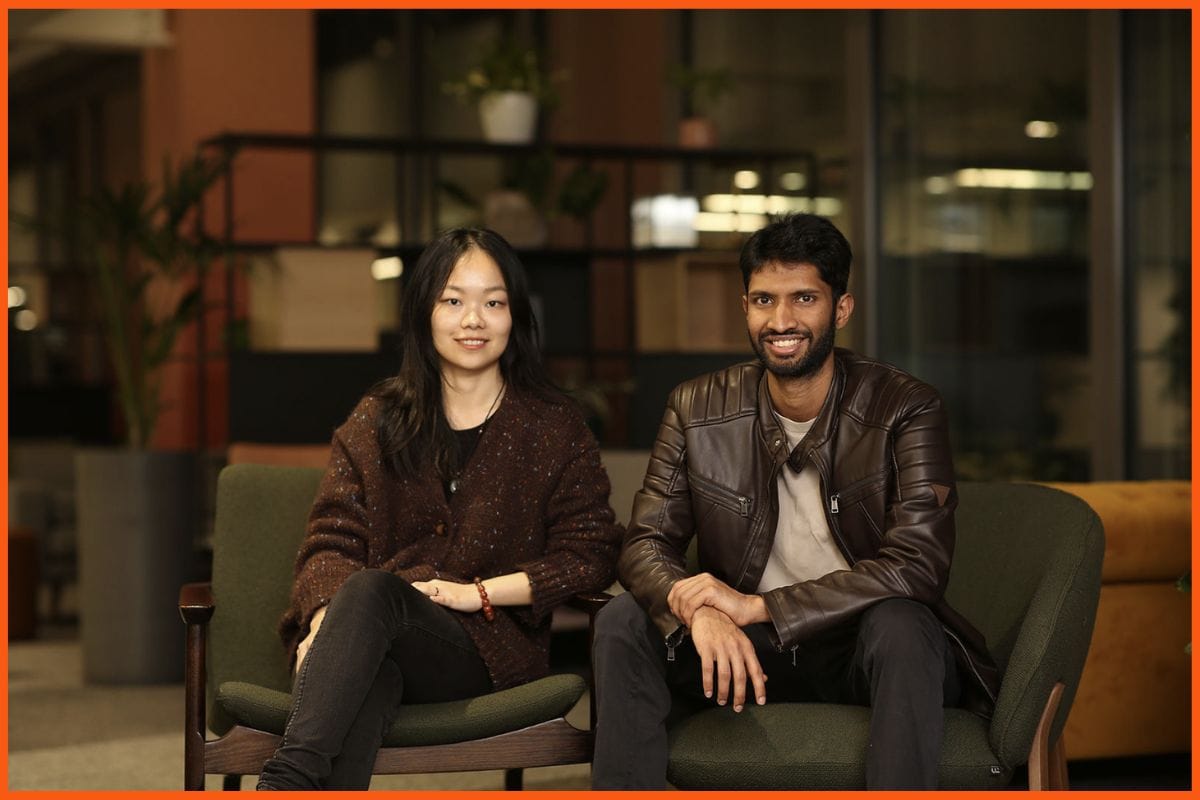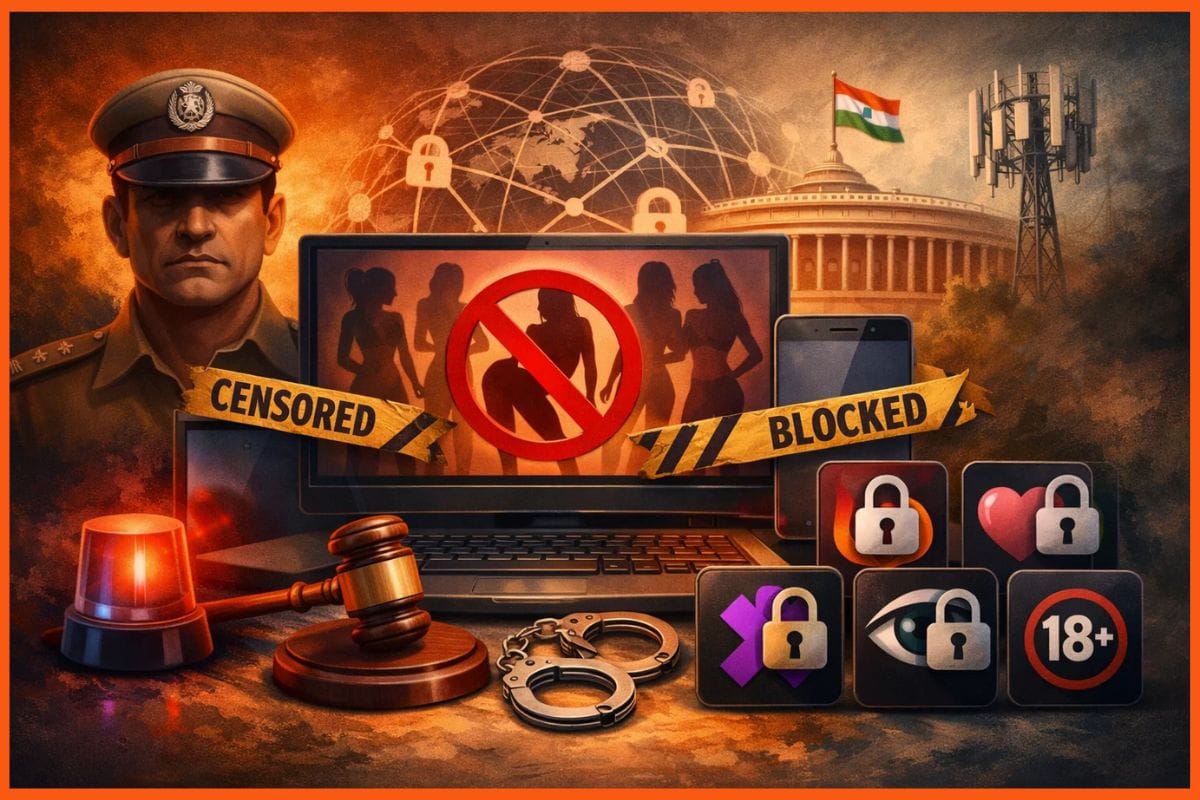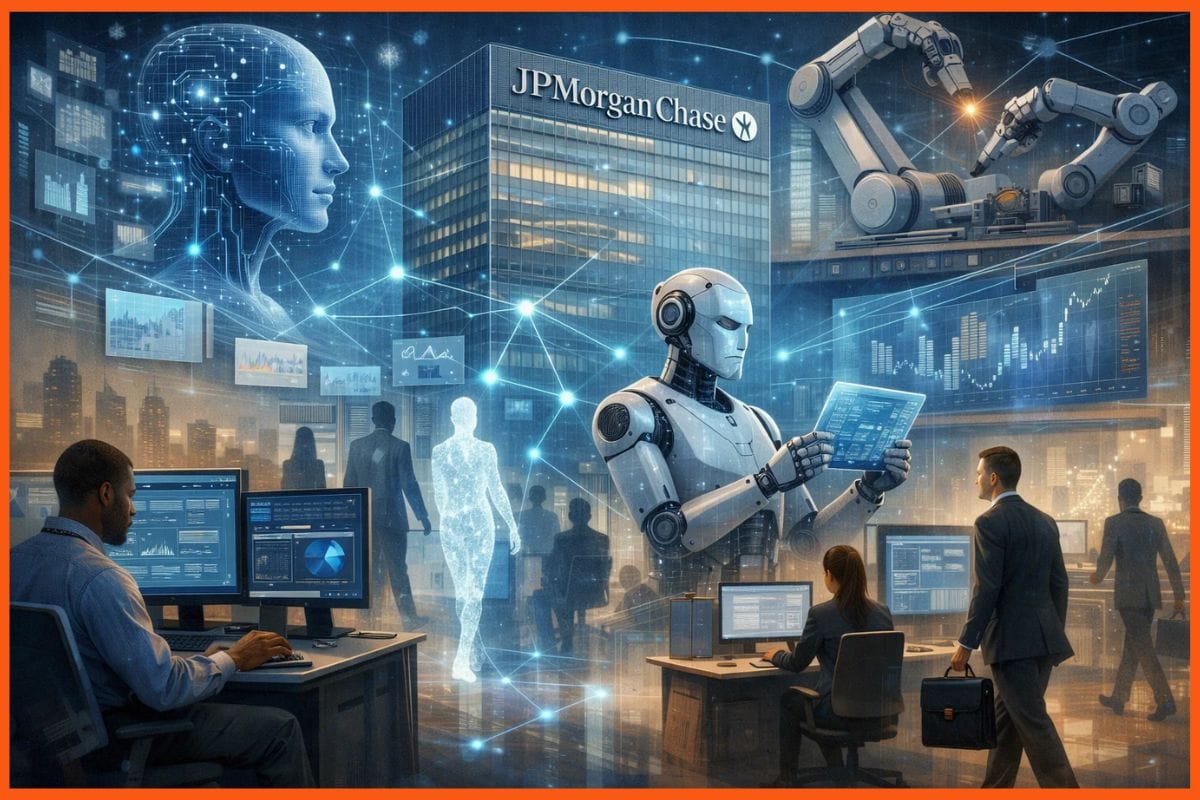Alert for Google, Amazon, and Microsoft's H-1B Visa Employees
The H-1B program, which uses a lottery system to approve about 65,000 visas a year, has become crucial to the US IT industry.

According to a recent post by the US' renowned media house, US tech businesses are warning visa-holding employees not to leave the country for fear of being denied entry again. Under the new Trump administration's immigration policies, Indian tech workers—who comprise the largest group of H-1B visa holders in the United States—are already dealing with increasing uncertainty. The H-1B program, which uses a lottery system to approve about 65,000 visas a year, has become crucial to the US IT industry. The majority of these approvals are given to Indians, who are followed by Chinese and Canadian citizens. Amazon, Google, Meta, Microsoft, and Apple are among the major employers.
Fear Mounting Among Indians Working US
Fearing denial of re-entry to the United States, two H-1B employees interviewed by a US media group have cancelled their plans to travel to India. One person voiced worries that a future child would be stateless—that is, neither American nor Indian—due to the administration's possible modifications to birthright citizenship. According to an H-1B employee who spoke to a US media source via an attorney, everyone who is not a US citizen is presumed to be here illegally. Practical difficulties have also been brought about by the uncertainty. Businesses are paying for accelerated processing of visa extensions to offset delays. With a significant percentage of H-1B applications coming from IT outsourcing companies like Infosys and Cognisant, the tech sector is highly dependent on foreign expertise, particularly Indians.
Green Card Tougher Nut to Crack Now
The process of obtaining permanent residency is already incredibly drawn out for Indian tech workers. Even though they work for renowned companies, many Indians endure decades-long wait times because of per-country Green Card limits. Despite starting a business with hundreds of employees, Aravind Srinivas, CEO of the AI startup Perplexity, which was reportedly valued at $9 billion, posted on social media that he had been waiting three years for a green card. The administration's larger immigration policy has caused a great deal of fear. Denial rates for skilled visas increased to 15% during Trump's first term, and immigration lawyers are cautioning their clients that such increases could happen again.
President Trump's most recent executive order caused a great deal of criticism, mostly among Indian-Americans. Signing of the order took place on January 20, 2025. It stops children born to temporary visa holders—including those with H-1B—from obtaining U.S. citizenship at birth. Accordingly, children will only be eligible for U.S. citizenship if at least one of their parents is a citizen or a holder of a green card.
With hundreds of thousands of Indians residing in the US on temporary work, study, or dependent visas, the ramifications are enormous. Critics point out that Trump's interpretation of the 14th Amendment is inaccurate because it was enacted to guarantee citizenship to all people born in the United States, regardless of the immigration status of their parents.
Must have tools for startups - Recommended by StartupTalky
- Convert Visitors into Leads- SeizeLead
- Website Builder SquareSpace
- Run your business Smoothly Systeme.io
- Stock Images Shutterstock





